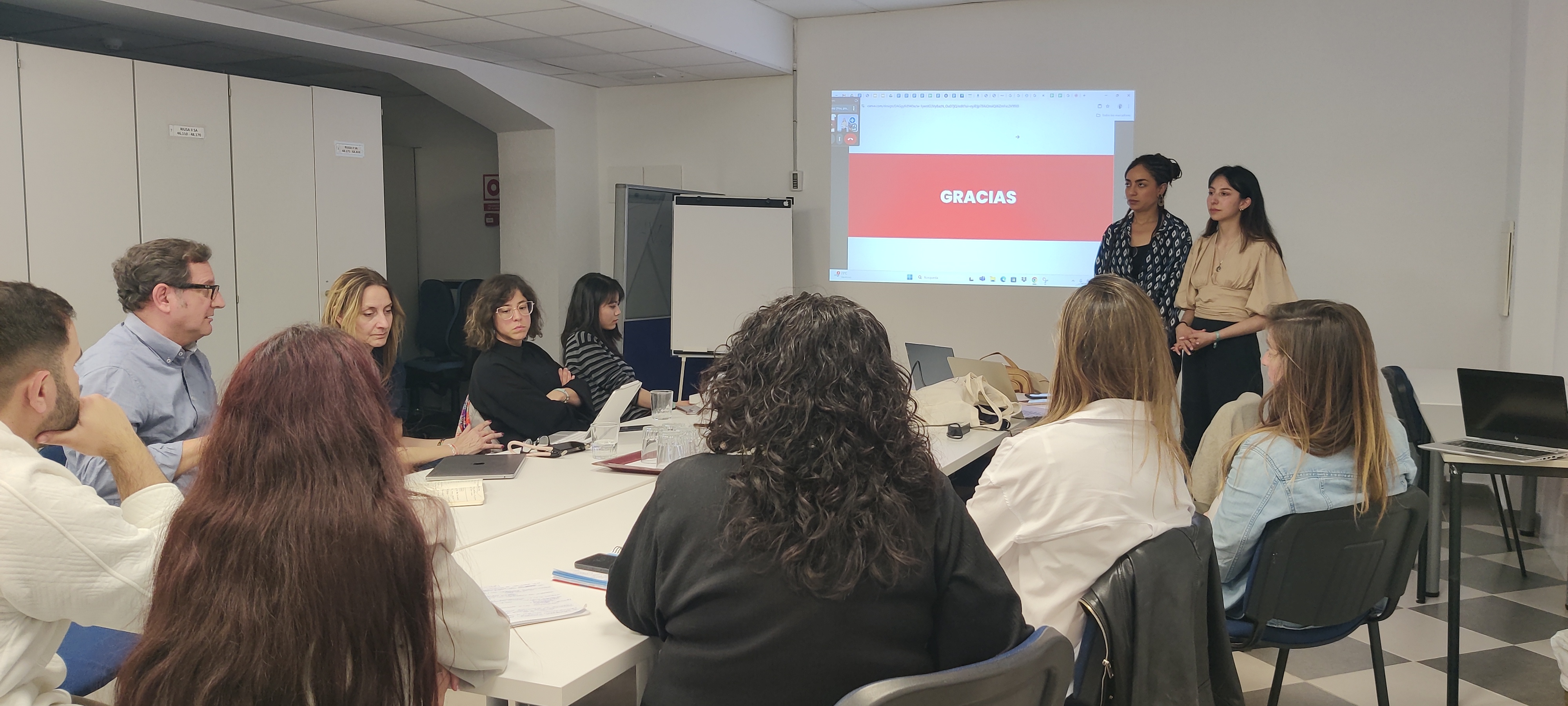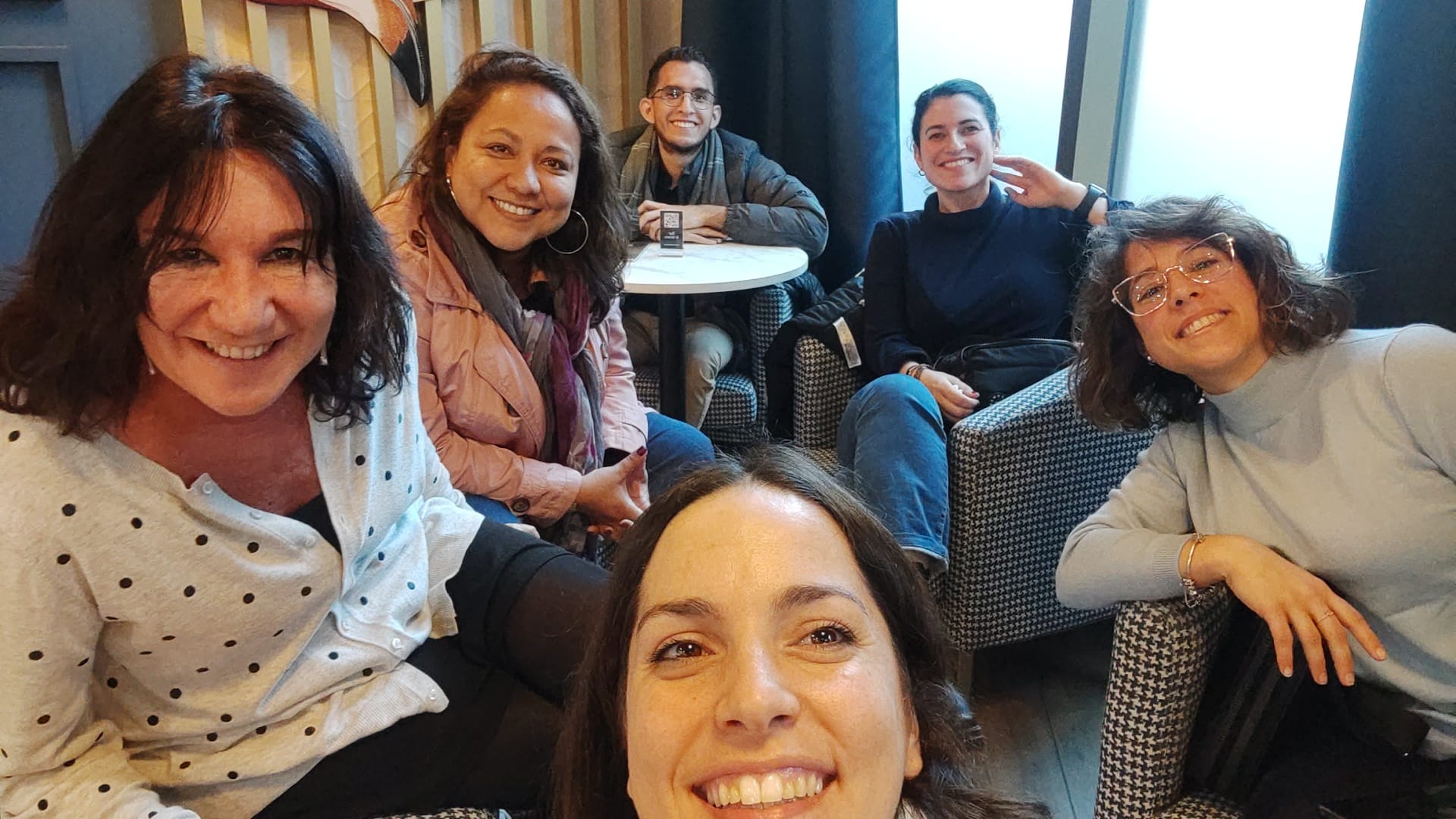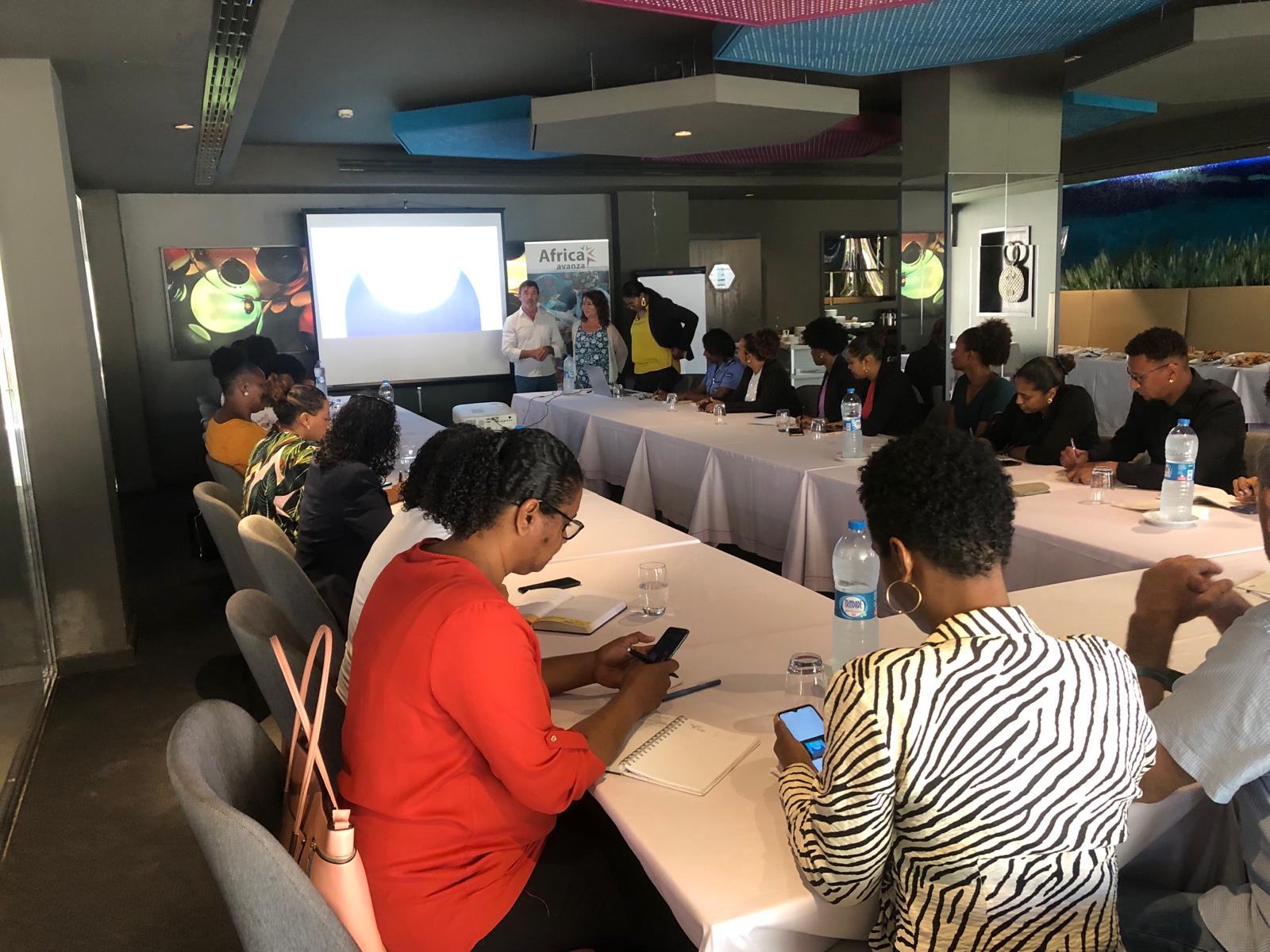Exploring New Ground:
The RIU x ESCP Professorship in Hospitality CSR Expands its Frontiers in the First Half of 2025
As the RIU x ESCP Professorship on CSR in hospitality continues to grow, the first semester of 2025 has been marked by meaningful fieldwork, strong academic-industry collaborations, and progress in research dissemination. From international consulting projects and urban CSR diagnostics to collaborative groundwork in Africa and Spain, the professorship’s work in this period has extended its scope, sharpened its methods, and strengthened its real-world impact.
Measuring Social Impact Through the Lens of the CSRD: A Student Consulting Milestone
In spring 2025, the Professorship successfully coordinated an International Consulting Project (ICP) with three Master of Science in Hospitality & Tourism Management students from ESCP Business School. Under the title “Trazando la huella en la comunidad local: Análisis de indicadores para la medición de impactos en comunidades locales según el marco CSRD y ESRS”, the project aimed to help RIU better understand how to assess its social footprint across its destinations.

The students conducted a detailed analysis of potential social impact indicators aligned with the Corporate Sustainability Reporting Directive (CSRD) and the European Sustainability Reporting Standards (ESRS). Their work compared the hotel group's current reporting practices with those of peer companies in Spain and provided actionable insights to align future reports with EU requirements. The project proved highly operational, offering RIU a strategic roadmap to begin implementing the new standards while reinforcing the value of academic-industry collaboration.
Testing the Method in the Urban Jungle: A CSR Exploration in London
In April, a consulting mission to London marked a new milestone for the Professorship: testing the RIU Method—originally developed for sun-and-beach destinations—in an urban hotel context. The ESCP team dedicated to the professorship, along with the diverse CSR geographical responsibles of RIU, carried out a diagnostic visit to Victoria, London, engaging with local stakeholders in environmental and child-focused organizations to identify pressing community needs in the fields of air and water pollution and children wellbeing and health.

The findings confirmed the method's adaptability to urban contexts, highlighting new avenues for CSR strategy. The visit also allowed the team to refine its framework for future replication in other urban hotels, opening new frontiers for social responsibility in hospitality beyond the coastal paradigm.
African Horizons: The multiplier effect of “El Método” through the strengthening of partners institutions in Cape Verde
In order to reinforce the potential multipliers effects of “El Metodo”, the Professorship also took a full (and field) mission in Cape Verde (April-July 2025) together with Africa Avanza NGDO, Riu's local partner institution in Cape Verde for more than a decade.
The objective of this mission was to identify in a participatory manner the “causes” to problems detected after the data obtained in the diagnostic phase of “El Método”, related to gender equity in Isla de Sal.
To do so, participatory workshops took place with 18 organizations and institutions representing a group of 4.900 young boys and girls from the island of Sal between 14 and 24 years old and 8.300 women between 25 and 64 years old. Out of this workshops led by the NGDO Africa Avanza with the professorship training and support, a concrete project was identified. The project main objective will be "Empowerment of adult and adolescent women to favour their labour insertion, exercise their sexual and reproductive rights and prevent gender violence".
The project is at the end of its formulation phase, and will be developed with a mix of tools and techniques used in the management of development cooperation projects (such as the ILO's Get Ahead methodology, or the MEAL system (Monitoring-Evaluation-Accountability-Learning). It will be submitted in competitive concurrence for external funding to the Agencia Vasca de Cooperación y Solidaridad call for proposals (let´s cross fingers!)

Building Capacity for RIU Method Phase 3: Training Collaborators in Spain and Zanzibar
The Professorship also laid the foundation for its collaborator capacity-building program, set to begin in September 2025. This training initiative will focus on Phase 3 of the RIU Method, dedicated to the co-implementation of local CSR projects.
In the first half of the year, preliminary meetings were held with strategic partners—Fundación NED, Kukua Project, and Sonrisa Médica—to align goals, discuss methodologies, and prepare for collaborative workshops in Spain and Zanzibar. The training will emphasize co-design, debate, tool adaptation, and peer learning, reinforcing the participatory nature of the Method and ensuring its contextual relevance.
Academic Contribution: A New Paper on Living Labs Submitted
On the research front, the Professorship submitted a new academic article to the Journal of Sustainable Tourism. The paper explores the potential of Living Labs as boundary spaces connecting CSR practice and applied research in tourism. The article proposes that these labs serve as collaborative environments to co-create knowledge with stakeholders and fine-tune CSR strategies in diverse territorial contexts. We now await reviewers’ feedback and hope to share the publication soon.
Looking Ahead
As we move into the second half of 2025, the Professorship remains committed to bridging academic excellence and responsible hospitality practice. With upcoming training activities, new research collaborations, and continued engagement in emerging destinations, the journey continues—grounded in evidence, driven by purpose, and powered by partnerships.
Campuses
